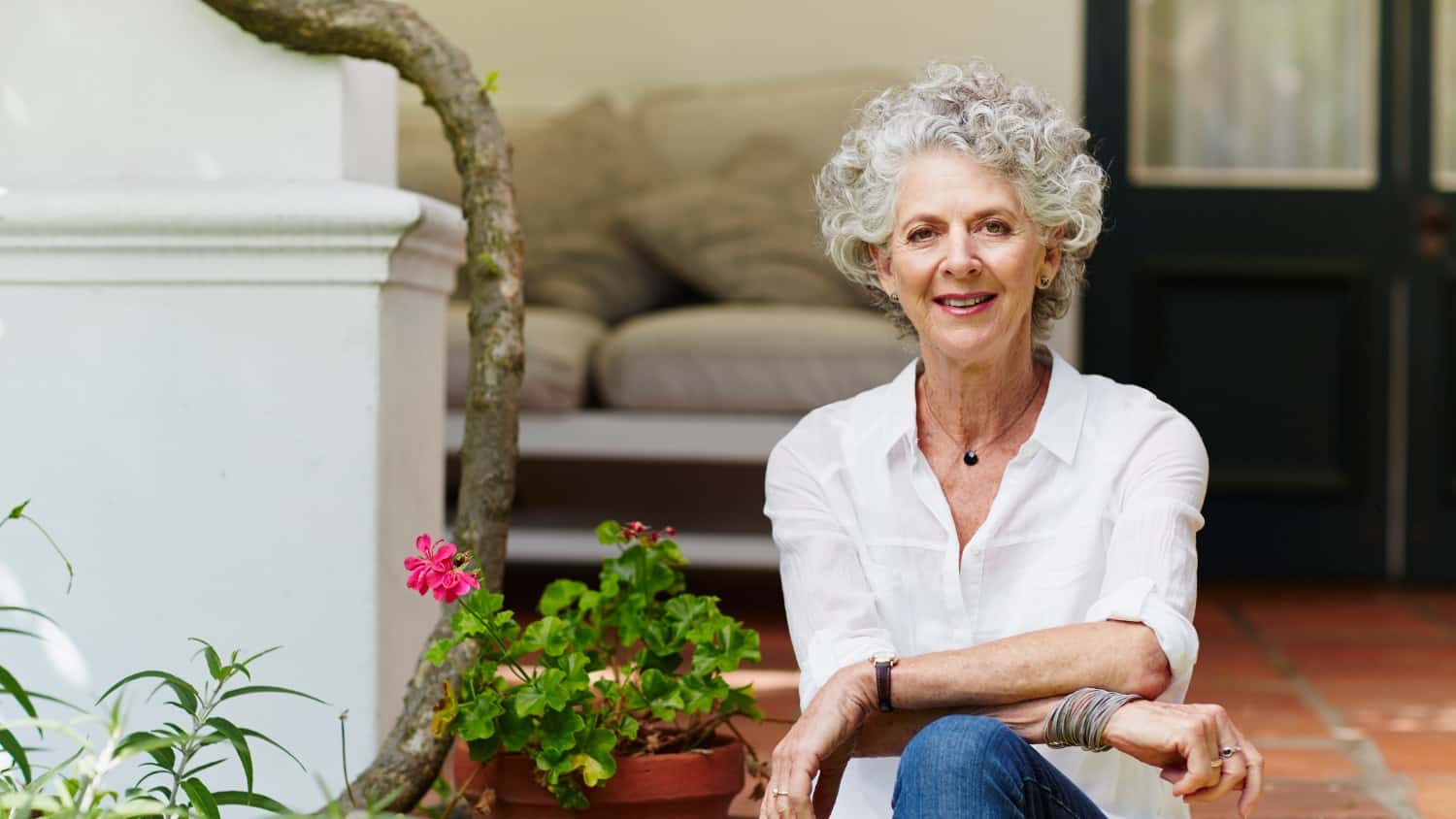
Finding Yourself: 5 Steps Towards Self-Discovery
There’s no relationship more important than the one that we have with ourselves. And taking the time to really hone that relationship and get comfortable in our own skin can be a huge step towards learning to trust ourselves, finding true happiness and fulfillment, and boosting our confidence and self-esteem.
Discovering more about who we are, what makes us tick, and what our life’s purpose is isn’t just a one-off event: it’s an ongoing journey. And, as we enter new phases of life, we will often uncover new truths about ourselves – some of which might take us by surprise.
We’re constantly evolving, and it’s perfectly natural to find out that what once made us happy now doesn’t, or that we’re now more open to people, places, and situations that we might have once avoided. It’s also normal for circumstances to test us, make us more resilient, and teach us more about our strengths, weaknesses, values, and beliefs.
Self-exploration can be uncomfortable because it forces us to acknowledge realities about ourselves and our lives that we might have so far avoided.
But getting to know yourself can also be one of the most liberating and rewarding experiences that you’ll ever have. It can help to free you from the influence and expectations of others, so you can start living a life that’s true to who you are at your core.
With that said, below is a list of 5 steps that will hopefully help you start your own journey of self-discovery – whatever stage of life you’re currently at.
Ask Yourself: What Am I Passionate About?
When searching for meaning and purpose in your life, one of the most important questions you can ask yourself is: what am I passionate about? Our passions and interests are what help us to feel excited, motivated, and fulfilled in life – and can be a key driver for helping us to get out of bed every day.
Identifying what your passions are can allow you to consider how you can incorporate more of these things into your daily life, and introduce more happiness into your time as a result. For instance, if you love animals, then perhaps you could consider getting a pet, volunteering with animals, or working in an animal-centred job role.
Discovering your passions can also help you to start fostering higher-quality relationships because you can start surrounding yourself with people who share similar values and ideas.
Sometimes, discovering your passions and interests can also highlight relationships or situations that aren’t working for you anymore. Perhaps your passions and interests no longer align with your current job role, or maybe you and your partner have grown apart and can no longer see eye to eye.
Finding this out can be scary because it can highlight situations that are no longer serving or satisfying you – but try to remember that when one life chapter closes, many new and exciting chapters can be opened in its place.
Embrace Time Spent Alone
One of the best ways to foster a positive relationship with yourself can be to get comfortable with (and even embrace!) spending time alone. When you’ve truly tapped into and accepted who you are, spending time alone can be a real blessing.
It can be time to reflect, zone out, and treat yourself (for example to a nice meal, your favourite movie, or a pamper session). It can also be time to explore hobbies, recharge your batteries, and not have to worry about pleasing others.
When we don’t get enough time alone, sometimes other people’s thoughts, ideas, and expectations can start to blend into our own. It’s not uncommon for people to become confused about what they really think, feel, or want from life because they’ve lost sight of what they truly believe at their core.
If you’re not used to spending time alone with your thoughts, then it can actually be quite daunting at first. Many people find that this is the time when their inner critic comes out, or when worries or anxieties rise to the surface.
However, it’s best to deal with any negative or worrying thoughts head-on. The more you do this, the better you will become at managing them, and the more you will be able to start enjoying time alone, rather than seeing it as a burden.
Celebrate Your Imperfections
Imperfections are part of what makes each of us unique and shouldn’t always be seen as things we need to hide or apologise for. You might have a body part that you don’t really like, and so continue to cover up or disguise it in an attempt to divert attention away from it.
Or perhaps you hold back in social situations and choose not to reveal the more outgoing parts of your personality because you worry about how they will be received.
The best way to stop trying to conceal parts of yourself that you consider to be imperfect is to start being kind to yourself, and to accept that nobody is perfect and that this is okay.
Consider what you would say to a friend who was in your shoes. Would you encourage them to be themselves, and remind them that the people worth having in their life will love them anyway? If so, then try to apply this to your own life.
Accepting every part of who you are and being unapologetic for it can be one of life’s most liberating experiences. And who knows, you might encourage someone else to do the same.
Take Note of Your Thoughts and Feelings
When life gets busy, it can be easy to stop listening to your thoughts and feelings and asking yourself important questions. These questions can include things like: Am I happy? Is this the life I want to lead? Or, what do I need?
When we stop asking these questions, we can often stop giving ourselves the love and care that we deserve. Our wants and needs can be put on hold or not considered at all – which can lead to us surviving or getting by, rather than thriving.
A good way to stop and take check of your thoughts and feelings daily or weekly can be to write them down in a journal. This can provide great clarity on your circumstances and allow you to spot patterns in your thoughts and behaviours, offering more insight into who you are deep down.
Journals can also show you how you’ve evolved, which can be both humbling and satisfying. Many people don’t realise just how far they’ve come and how much they’ve achieved until they take a look back.
Start Believing in Yourself
Self-limiting thoughts can stop you from reaching your full potential, and from getting the sense of reward that comes with pushing yourself out of your comfort zone. They can also help to shape a version of you that’s different from the person that you actually are at your core, or from the person that you want to be.
On a journey of self-discovery, it’s important to try and let go of self-limiting beliefs and start telling yourself what you can do, rather than reminding yourself of what you think you can’t. The first step in doing this often is to acknowledge these negative beliefs and to recognise that they are nothing other than thoughts. Just because you tell yourself that you can’t do something doesn’t make it true.
Once you’ve acknowledged a self-limiting belief (and perhaps tried to identify what the root of that belief is – did it come from childhood? Has someone put you down in the past and you’ve found it hard to forget it? – then you can work on changing it. An effective way to do this is to find ways to prove a belief wrong, as once you do, it will lose power.
For instance, if you regularly tell yourself, “I can’t go for that job – I’m not intelligent enough”, you could follow this up by saying something like “I might not have that much knowledge on [topic], but I do have plenty of knowledge and experience in areas [X, Y, and Z]. I’m also a fast learner, so I’m sure I’ll pick up anything I don’t know quite quickly.”
Though it might not feel like it, negative thoughts about our abilities are all based on perceptions that we have of ourselves. But it’s possible to change these perceptions with a little self-belief and perseverance.
Let’s Have a Conversation:
Are you on a self-discovery journey? Have you tried any of the practices above? What do you think are some of the best ways to discover and connect with your authentic self?
Tags Reinventing Yourself






